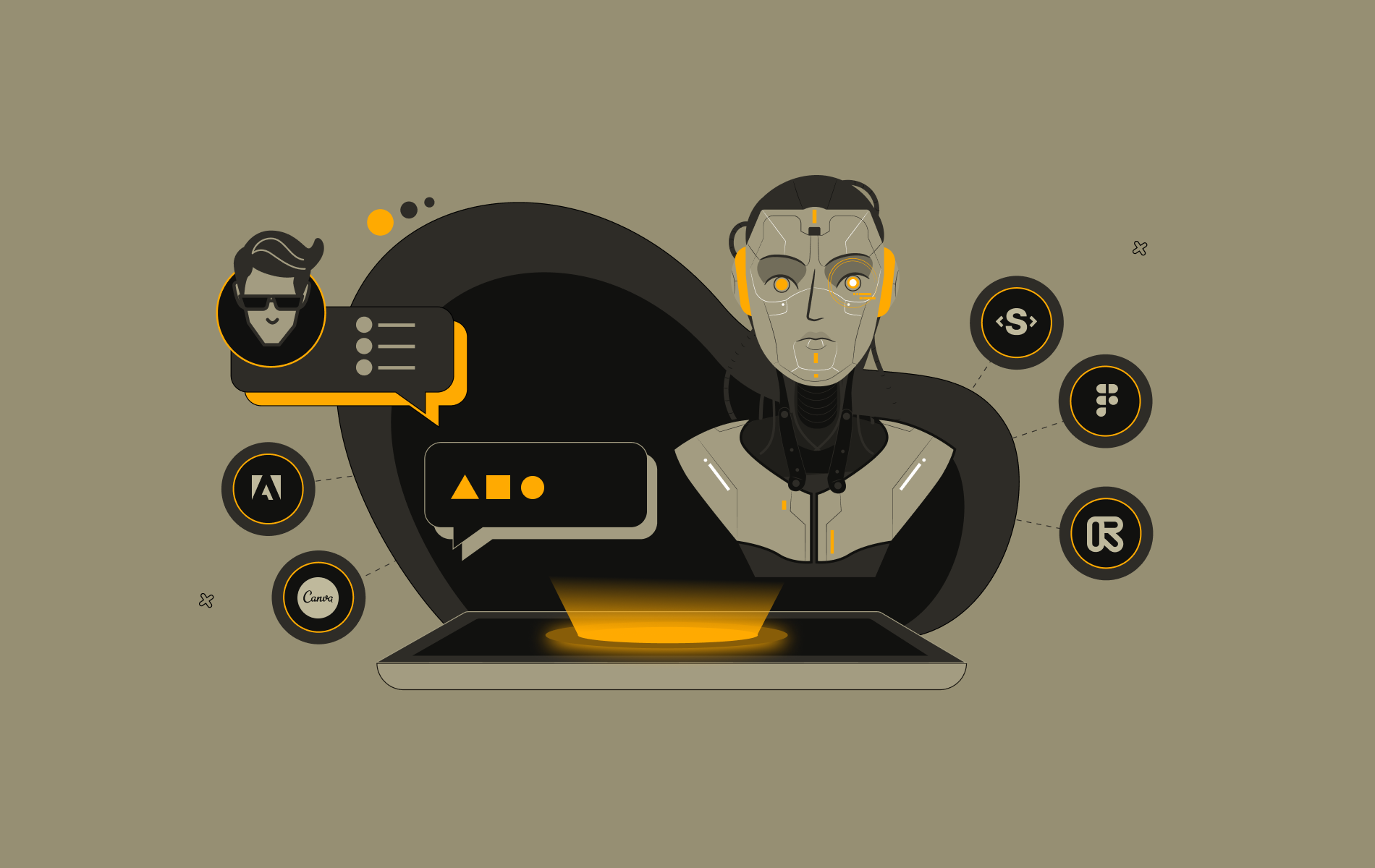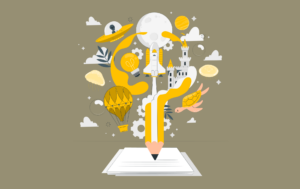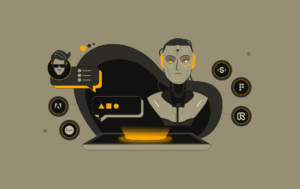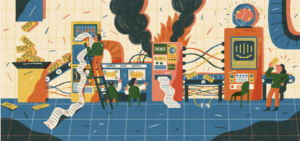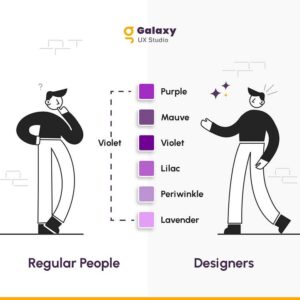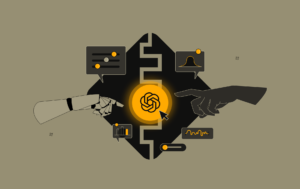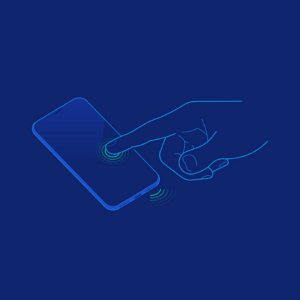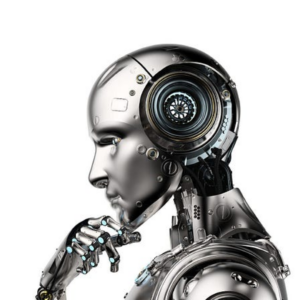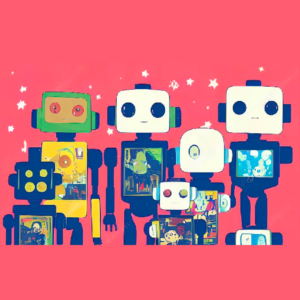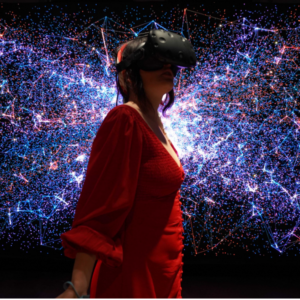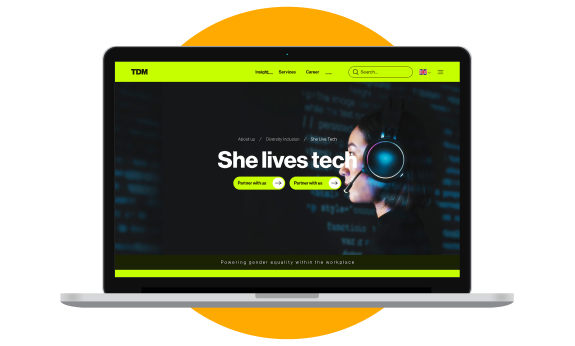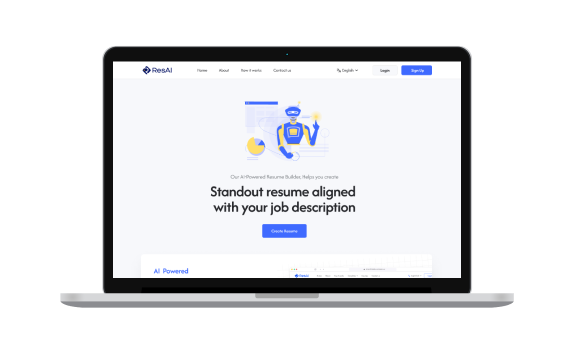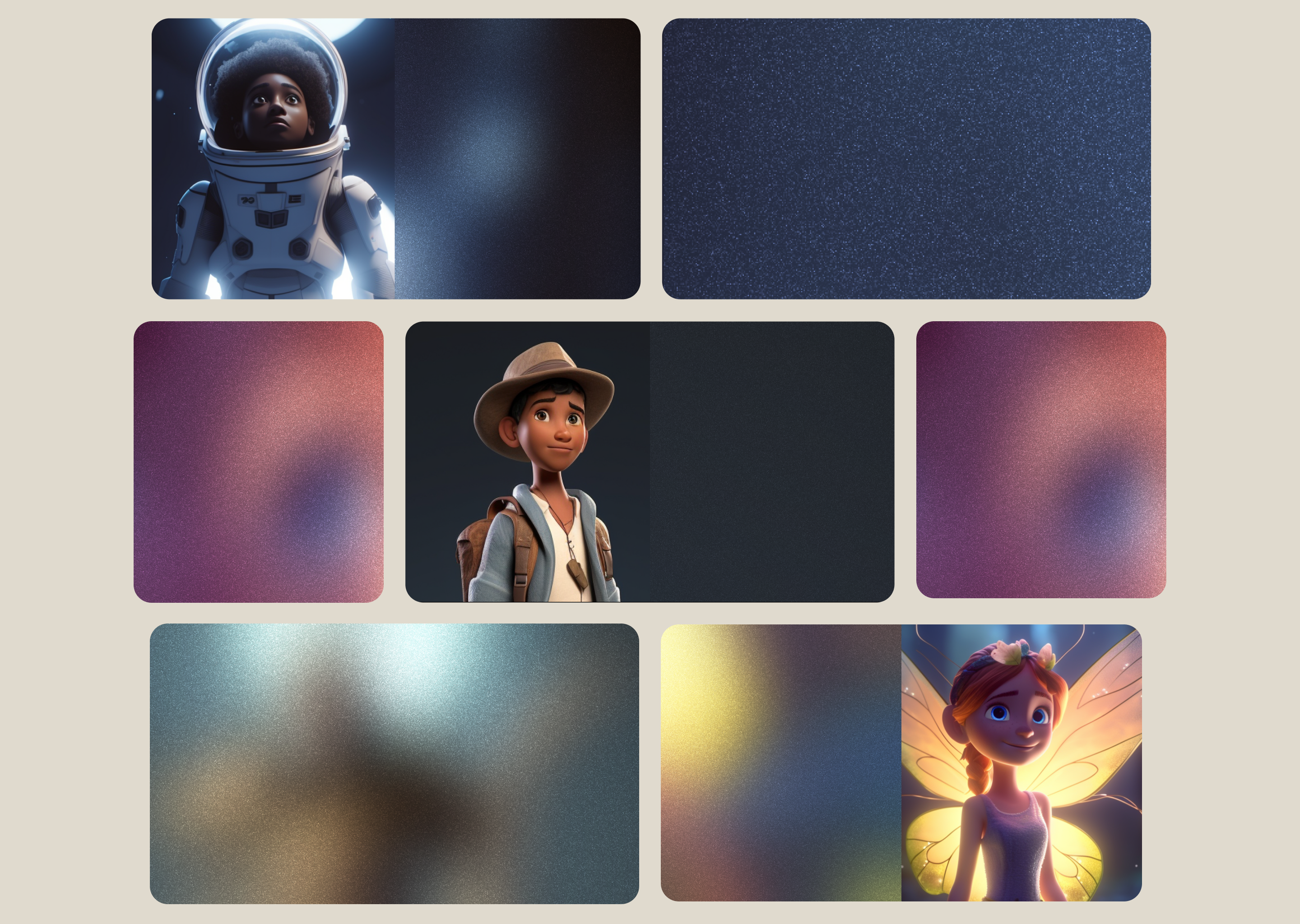In the design industry, AI tools are increasingly becoming indispensable for enhancing creativity, improving workflows, and delivering personalized user experiences.
Here are some top AI tools that are extremely useful for design industries:
- Figma: A collaborative design tool used for creating user interfaces, prototypes, and design systems. It supports a variety of plugins that leverage AI technology to enhance design workflows. Plugins like Content Reel generate placeholder content for designs, while others automate tasks such as generating color palettes or exporting assets.
- Adobe Sensei: Adobe Sensei is an AI and machine learning platform integrated into Adobe Creative Cloud applications such as Photoshop, Illustrator, and Premiere Pro. It offers features like intelligent image editing, automated content tagging, and personalized recommendations, allowing designers to work more efficiently and creatively.
- Canva: It is a popular graphic design platform that incorporates AI-driven features to simplify the design process. It offers tools like Magic Resize, which automatically adjusts designs for different formats, and Design AI, which suggests layouts and elements based on user input. Canva is widely used by designers and non-designers alike for creating graphics, presentations, and marketing materials.
- Sketch2Code: It is a Microsoft AI tool that converts hand-drawn sketches into HTML code automatically. Designers can sketch out website or app layouts on paper or whiteboards, take a photo, and use Sketch2Code to generate the corresponding HTML code. This accelerates the prototyping process and bridges the gap between design and development teams.
- Runway ML: Runway ML is a platform that enables designers to experiment with AI-generated content and integrate it into their designs. It provides access to pre-trained AI models for tasks like image generation, style transfer, and object detection. Designers can use Runway ML to explore new creative possibilities and incorporate AI-generated elements into their projects.
These AI tools offer designers a range of capabilities to streamline their workflows, experiment with new creative techniques, and deliver innovative design solutions. By incorporating AI into their toolkit, designers can stay ahead of the curve and unlock new possibilities for creativity and efficiency in their work.
